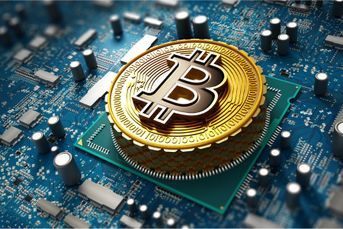Former NBA player Paul Pierce to pay $1.4 million in crypto case

The SEC alleges the longtime Boston Celtic touted a crypto token without disclosing that he was paid to do so.
National Basketball Association legend Paul Pierce has agreed to pay $1.4 million to settle Securities and Exchange Commission allegations that he touted a crypto token without disclosing that he was paid for the promotions.
Pierce failed to disclose that he was paid more than $244,000 to promote the EMAX token, offered by EthereumMax, on Twitter, the SEC said Friday.
The hall of famer, who was nicknamed “The Truth” during his career, also made false and misleading statements about the token, according to the SEC.
In October, Kim Kardashian agreed to pay $1.3 million to settle allegations about her promotion of the EMAX token.
“This case is yet another reminder to celebrities: The law requires you to disclose to the public from whom and how much you are getting paid to promote investment in securities, and you can’t lie to investors when you tout a security,” SEC Chair Gary Gensler said in a statement.
Pierce didn’t admit or deny the agency’s findings, according to the agency. The longtime Boston Celtic and frequent NBA All-Star also agreed not to promote any crypto asset securities for three years as part of the settlement.
Schwab making big-league moves as it integrates TD
Learn more about reprints and licensing for this article.








